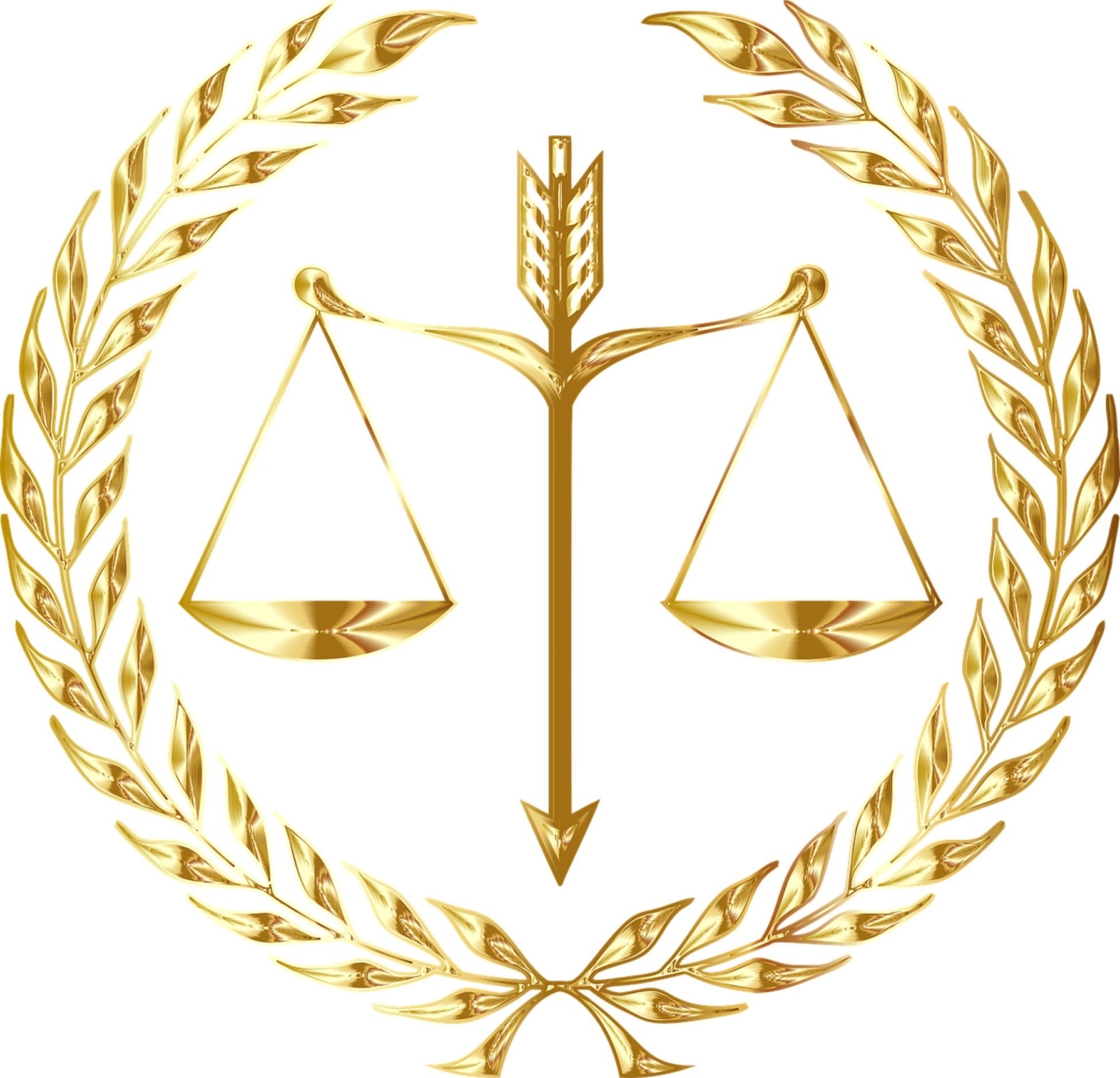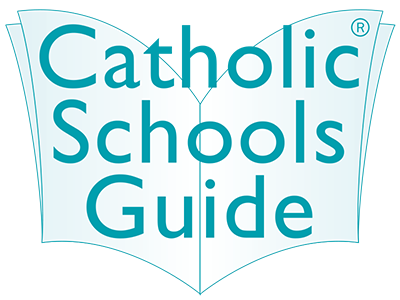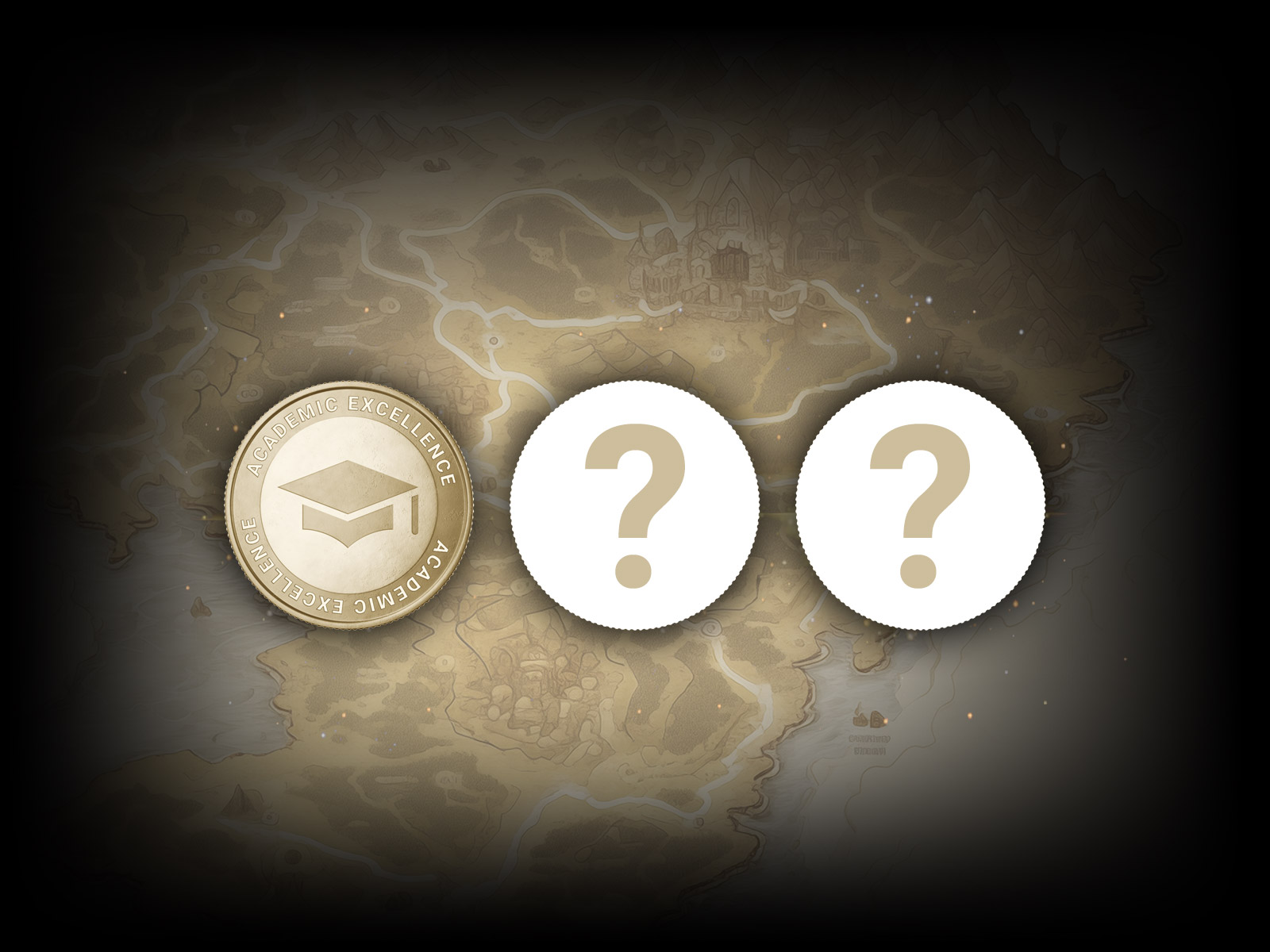News and Media

Who Owns Social Justice? By Bishop Hilton Deakin
Education at all levels is a major, dynamic element in the life of any community in this nation. The energy and continuing effort the systems need are supported by enthusiastic people dedicated to the workings and aims of general education. And massive input of public taxes and private endowments keep the system alive.
Most people would agree that successful educational formation and opportunities confirm our shared hopes for future achievements and advances.
The Catholic school system forms one of the sectional groups that comprise the wider system. Its purpose is to provide a good education to its students. But it provides particular ingredients that permeate the whole system.
In reading school vision statements, mission claims and attendant ideas, one finds firm purpose and intent in what might be. And this is meant to come about in a social and cultural environment fraught with mounting difficulties, and even hostility to anything religious.
One reads of the present and seeming increasing condition of ‘youth-the questioning’, the rebellious rejection, experimenting with ideas and ways of life, and the prevailing vulnerability of students. The wide collapse and substantial change in ways, customs, values and traditions is having immense effect on the lives of young people who hopefully seek to make sense of the lives they are hoping to lead. Anti-religious thinking and behaviour increasingly challenge and reject foundational values, and suggest the substitutes a secular world offers as tempting alternatives.
These situations offer formidable obstacles to any attempt at evangelising the educational world with the message of Christ’s Gospel.
We are proud that our Catholic schools exist. Their history is long, and full of sacrificial effort in establishing and keep them going. The dedicated priests, brothers, sisters, lay people and the thousands of families who gave life and limb for the common effort to keep the systems going, deserve our deepest thanks.
There was a challenging beginning, then a demanding time of growth. And there came an era when the schools, for the major part, gave life, purpose and energy to the Church as it took a formative place in the nation. In all fields of endeavour, Catholic women and men gave leadership and service with a Catholic flavour.
Times have changed. Churches are emptying. The Eucharist seems no longer to be central to whatever faith and worship habits might still exist in Catholic lives.
Very few participate in the sacramental life of the Church. The vision of adult life within a framework of the sacrament of marriage has altered almost beyond recognition.
Some speak of Catholic schools as evolving into something quite other than what they were founded to achieve. So, the question becomes inevitable; should we still have such schools? Where is the Catholic tradition in what has emerged?
Change will always be around. We have to recognise its presence. And meet its challenges. The question is… how?
For instance, schools are becoming vocationally orientated; places to prepare students for jobs in the future. There seems to be less effort in making them places where young minds can learn to think critically, and be always asking “Why is it so?” Maybe this is just an impression.
I think that the general decay and collapse of one of the richest treasures we have inherited from our forebears, the classical English language, needs a forceful and powerful surge of purpose and energy from our schools to save it before habit, technology and lack of linguistic standards reduce this priceless gift to dust.
I believe we need to remember, and keep on remembering, a few basic points.
- Until one knows Jesus, one can hardly love Him, or follow His Way. We need to know, and know well, His stories, His deeds, His teachings. They should never be treated as just an option – not in a Catholic school.
- Our basic Catholic traditions are our precious heritage – especially the Eucharist, the Sacraments and Prayer life.
- Always strive to be responsible citizens in our country. We have just so much for which to thank those who went before us.
- We are now learning to give the Lord’s teachings on social justice the central place they deserve. Remember Ch 25 of St. Matthew’s Gospel, the story of the General Judgment we must all face. Every question we will have to answer about our lives are all about matters of social justice. Nothing else. Many schools tackle this issue with gusto. May it become so with every school.
It is sometimes said that Catholic schools own social justice. May I suggest that, in fact, it is rather social justice that owns Catholic schools.
Bishop Hilton Deakin was ordained a priest in 1958 and was appointed Bishop in 1993. Bishop Deakin is committed to promoting human rights, and has a history of dedicated work with indigenous communities in Australia, Fiji, Papua New Guinea, and, in particular, East Timor. He is passionate about the empowerment of those living in marginalised communities, and has been a consistent and vocal advocate for East Timor, having become involved with the affairs of the country after the Dili Massacre in 1991. He has since worked closely with President Jose Ramos Horta, Prime Minister Xanana Gusmao, and the now retired, Bishop Carlos Belo in actively seeking to improve the lives of people in the country. More recently he has involved with migrant Tamils and also with the cause for social justice in El Salvador.
Bishop Deakin was Episcopal Vicar for Migrants and Refugees (including asylum seekers). He has been Chair of Caritas Australia, President of Caritas Oceania, and a Vice-President of Caritas Internationalis; was honorary Chair of the Asian Pacific Conference on East Timor; and was a member of the Australian Catholic Bishops Conference’s Committee for Justice, Development and Peace. He was awarded a Member of the Order of Australia (AM) in 2004. Bishop Deakin continues to be a strong advocate for social justice.

